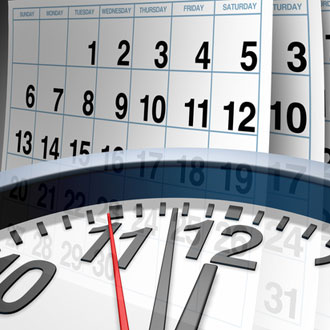Book review: How to Consult Quickly Book 1 by Deen Mirza

This book will divide opinion. It’s brief, I read it on my phone.
It asks the questions: Do your surgeries run late? Do you mind? Should you mind?
To quote in its introduction, it is ’challenging many primary care concepts which are now outdated. Not everything here will be comfortable reading. Some GPs are outraged at the thought of not seeing a patient who is late, or refusing to deal with more than one problem in one appointment.’
I like, whatever the subject, to read an author who can depict real life. Your own reality, shared with someone as you read, is remarkably soothing. So it is here, a depiction of the real world of modern day general practice rather than other books on the consultation that belong in an era that has passed.
There are many tips included that would be useful to a novice but seem obvious to anyone experienced.
The author acknowledges that not everyone sees running late as a problem. The list of time wasting behaviours of patients made me chortle yet the self same things give me delight and bring colour to the day. How prosaic life would be if one were always efficient and officious! One example given was waiting for a toddler to wave goodbye, it was inferred this type of thing needs to be definitively discouraged.
For appraisal there are useful tips on making a personal development plan including an audit of the use of time and examples of how to persuade colleagues to be considerate about interruptions. A useful statement is provided for the waiting room to educate patients how stressful it can be when doctors find themselves lagging behind. What a good idea, far more tactful than the blunt ‘one problem per consultation’ notice used by some.
Poorly equipped rooms are discussed. The author advises providing your own things and transporting them around. I think some of the poorly equipped rooms I have worked in were a disgrace, an amazing number chaotically laid out and lacking a peak flow meter, pulse oximeter, tape measure, thermometer, even examination gloves. Practice managers might do well to read this part of the book and focus more on the smooth running of each clinical session.
The style of this book is conversational rather than academic. More experienced doctors wishing to explore this issue might not find enough to hold their interest but it is useful as a starting point for thought and discussion. I hope that this author’s works will open up a new trend of literature about the consultation process in an up to date context.
Many doctors will want to campaign for longer consultation time. ‘Lean working’ methods are popular in other industries and often promoted by management consultants, and might well be promoted in a profit driven health care system. Is that the same as practicing quality medicine, or making an effective difference?
Whatever your views, something that triggers reflection and makes you re-consider what you are aiming for in your work is a good thing at all stages. This book will certainly help you to be purposeful in your routines and habits and for that reason I can recommend it.
8/10
Dr Grace Gibson is a retired GP









